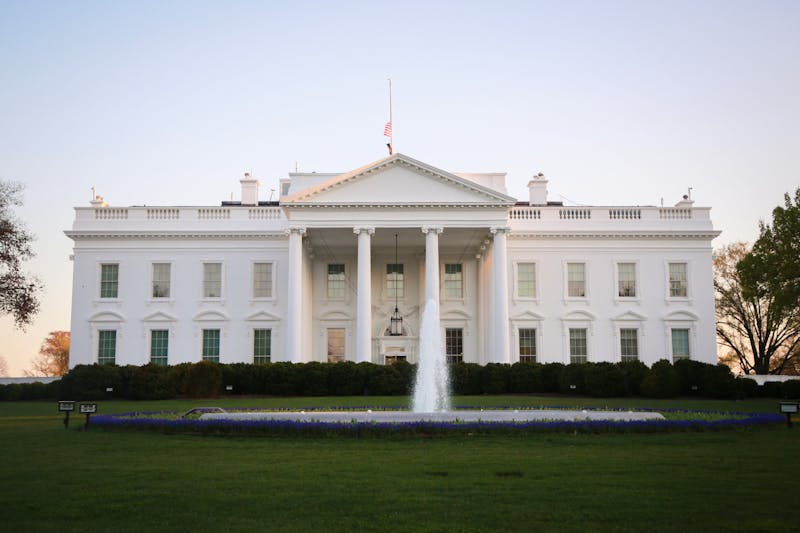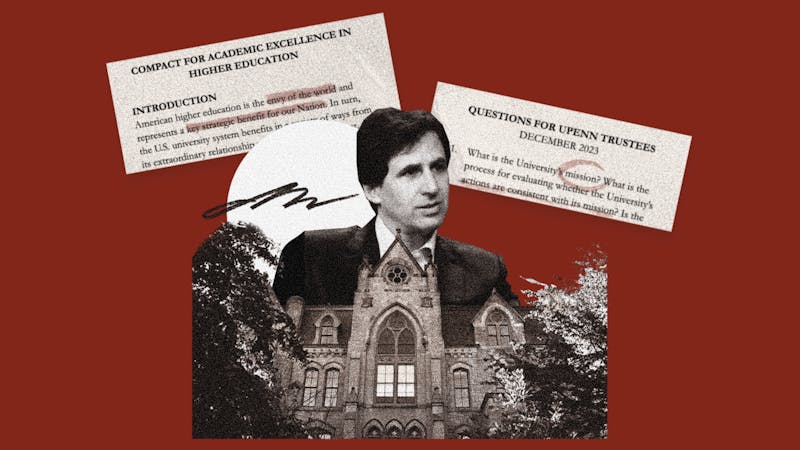Maybe it's political correctness run amok. Or the unwillingness to respect a leader who questions one of the fundamental tenets held by the majority. Or, maybe, it just seems like a good excuse to oust a pushy leader with a bit of a temper.
But whatever the justifications for criticizing Harvard President Lawrence Summers -- who recently gave a speech questioning whether women possess equal competence in the fields of science and engineering -- they are profoundly at odds with the democratic ideals of our nation.
Throughout history, the courts and citizens of the United States have placed increasing weight on the value of free speech, particularly when such speech challenges and even violates the views of the majority. The courts have held that so-called deviants ranging from communists to Nazis have the right to proclaim their views in the public forum because society operates best when its citizens are well-informed and able to participate in debate.
Equally significant, condemnations of Summers ravage the very principle that universities should most seek to uphold: the idea that constantly questioning, challenging and thinking for oneself is the recipe, and indeed the requirement, for a solid education.
The reason students come to Harvard or Penn or any respected institute of higher education is not to regurgitate previously formed theories, but to learn to challenge assumptions once thought to be set in stone and thereby to craft their own ideas. Without contentious speech, this entire conception of education collapses because the ability to question is undermined beyond repair.
Professors, students and all the others who chastise Summers do not mistake the meaning of his remarks. As some of these critics have suggested, his speech did include content that could alienate many on the Harvard campus. Released last Thursday, the transcript of the Jan. 14 speech contains multiple references to the "variability of aptitude" Summers proposed exists between genders. He even took care to discuss, and in turn dismiss, the idea that socialization could be the root of observed differences in mathematics and engineering advancement and achievement between men and women.
So the debate should not concern whether Summers said things that challenge the notion of equality many hold dear; he certainly did. Instead, we should question whether such speech is grounds for removing a university president from office.
Penn's own president wrongly chose to sidestep all debate on the issue when she refused to comment for a Daily Pennsylvanian story last week on the growing torrent of criticism against Summers. By not defending Summers, Amy Gutmann undermined the principles she has extensively written about in her works on political science and cultural pluralism. Perhaps more importantly, she seems to have backed down from her declaration at this fall's convocation that "the first signs of a great mind are openness to change, a willingness to ask the tough questions, the guts to lead and the courage to pursue the deeper truths in life."
Gutmann need not defend the content of Summers' speech, but she must emphatically support his right to deliver such speech. To continue to do anything else threatens her ability to sincerely present Penn as a place of enrichment and engagement.
While students and others do not carry the same level of responsibility as Gutmann, all should be wary of those who seek to stifle speech under the guise of protecting the interests of a minority group. In the interest of both liberty and education, Summers' right to speech should not only be protected, but trumpeted.
Laura Sullivan is a junior in the College and former campus news editor of The Daily Pennsylvanian.
The Daily Pennsylvanian is an independent, student-run newspaper. Please consider making a donation to support the coverage that shapes the University. Your generosity ensures a future of strong journalism at Penn.
DonatePlease note All comments are eligible for publication in The Daily Pennsylvanian.







